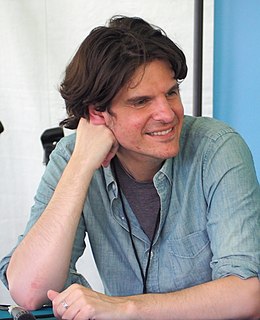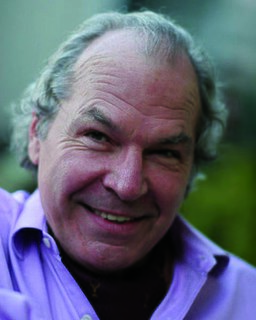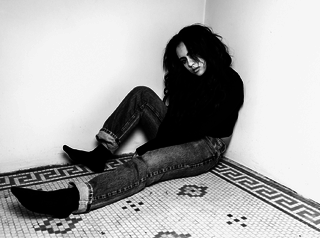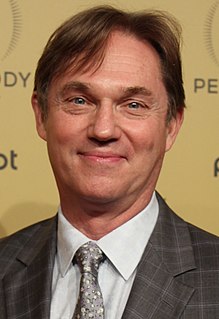A Quote by Ann Beattie
Much of what happens in Love Always is really from overheard conversations in the Russian Tea Room. It's an improvisation of the way certain Hollywood agents think and talk to each other.
Related Quotes
America's new tea lovers are the people who have forced the tea trade to wake up. Elsewhere, tea has meant a certain way, a certain tradition, for centuries, but this is America! The American tea lover is heir to all the world's tea drinking traditions, from Japanese tea ceremonies to Russian samovars to English scones in the afternoon. India chai, China green, you name it and we can claim it and make it ours. And that's just what we are doing. In this respect, ours is the most innovative and exciting tea scene anywhere.
That's it really; it's all love, whichever way you look at it, it's all love. How much you can Get from each other and that's determined by how much you're Giving to each other... But it all starts Within our self and then it spreads to those around us, Good & Bad. But basically that's it, I think it's the Love that we can generate is = to the Love that we get back Amen
I don't think there has been enough communication between the players and the tournaments. In one sense it's just as much the players' fault. Players talk between each other and in the locker room about things that can be improved and then when the time comes to talk and really do something about it they stop.
There's so much judgment geared toward young girls. People just expect so much from girls. Even physically and aesthetically, people expect us to always look right, to have a certain etiquette - to talk a certain way and act a certain way - and to know certain things. It's all different expectations, but there are always expectations.
My dad had always been a big decaf coffee drinker. But my mom had always been more of a tea drinker. So I grew up around a lot of tea. And I also really love tea. But I'm not one of those people who has ever felt the need to choose between coffee and tea. I think that is a completely false dichotomy.
I think there's been a gigantic shift in the way we talk to each other, and the way that we communicate with each other. So as a filmmaker, the stuff's always been really interesting to me, and I sort of considered a lot of my films horror films, the ones that were relationship dramas, because I feel like it was very easy to look at modern communication and the Internet and cell phones and all that stuff as horror movies, basically.
If people work together in an open way with porous boundaries - that is, if they listen to each other and really talk to each other - then they are bound to trade ideas that are mutual to each other and be influenced by each other. That mutual influence and open system of working creates collaboration.







































